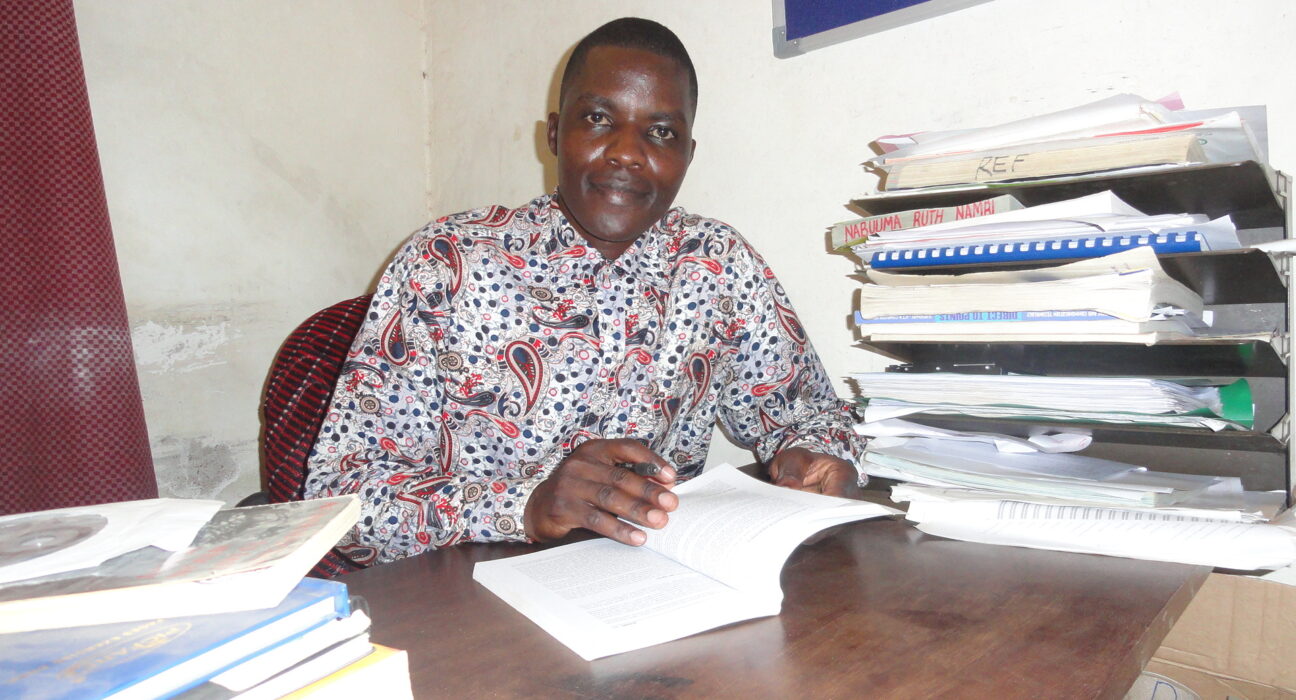Enock Kibuuka
In his December 20 Christmas message, the archbishop of the Anglican Church of Uganda, Dr Stephen Kazimba, reiterated that the church in Uganda is contemplating a complete breakaway from the Anglican Church of England over immorality.
He expressed deep concern over the rising cases of sexual immorality and pervasiveness among the youth, especially in schools. The archbishop revealed that preliminary findings indicate that the activists of sexual immorality – who come from foreign countries – have accomplices here. These lure young boys and girls into immoral sexual acts with huge sums of money.
Indeed, anecdotal evidence shows these boys and girls use this money to lure their fellow students who are financially challenged into immoral sexual acts.
To try to circumvent this escalating moral bankruptcy in schools, I suggest that the church craft a strategic policy intervention for its schools. The church has no alternative but to be involved in the processes of transformation taking place within society. To do otherwise would be detrimental to its mission, and in effect, the church would become an irrelevant institution.
Mwalimu Julius Nyerere challenged the church to always participate in processes of transformation to remain relevant. I am particularly concerned by how the church has loosened its grip on its schools. It allowed headteachers of the schools it founded to become some sort of small gods. These headteachers only inform the respective dioceses for formality after deployment to a church-founded school by the education ministry.
This is why some of these headteachers pay lukewarm allegiance and respect to the respective dioceses and the church in general for they know where “power lies”
Ideally, it should be the foundation body to recommend individuals to the Education Service Commission for interviews whenever there is an advert to fill a vacancy of a school leader.
On top of performing priestly duties in schools, school chaplains should covertly identify and recommend to the diocese individuals from members of staff for such positions. The diocese should then recommend these individuals to the Education Service Commission or the ministry for interviews and posting.
Such teachers should share the values and virtues of the Anglican church and its doctrine, demonstrate high levels of professionalism and ethical conduct, integrity and moral standards.
The foundation body should have an interest and a role in the appointment of a deputy headteacher because they (deputy head teachers) are being prepared for school leadership.
The church should also identify and nurture teachers to become headteachers and deputies.
Additionally, the church to revitalise and strengthen the relationship between its primary and secondary schools. For example, there should be a strong and cordial relationship between Gayaza Junior School and Gayaza High School, Budo Junior School and King’s College, Budo, Mengo Primary School and Mengo Senior School, etcetera.
When it comes to internal Senior One admissions, priority should be given to pupils from sister primary schools. This will not only create a sense of identity but will also help perpetuate institutional values and culture. The primary schools should feed the secondary ones. This was the vision of the Church Missionary Society that established these schools.
The church will also be supporting and promoting its primary schools. Parents will aspire to take their children to these primary schools knowing that they have a chance of transitioning to the sister secondary school.
The writer is an educational consultant

